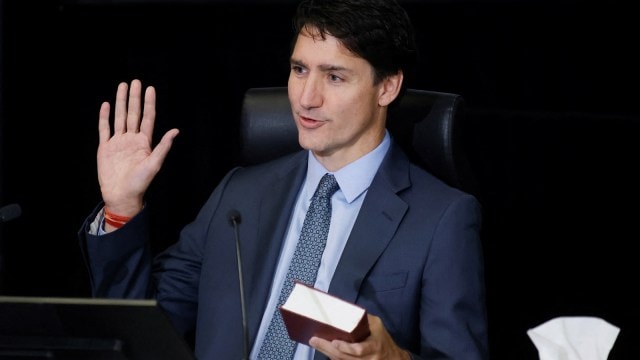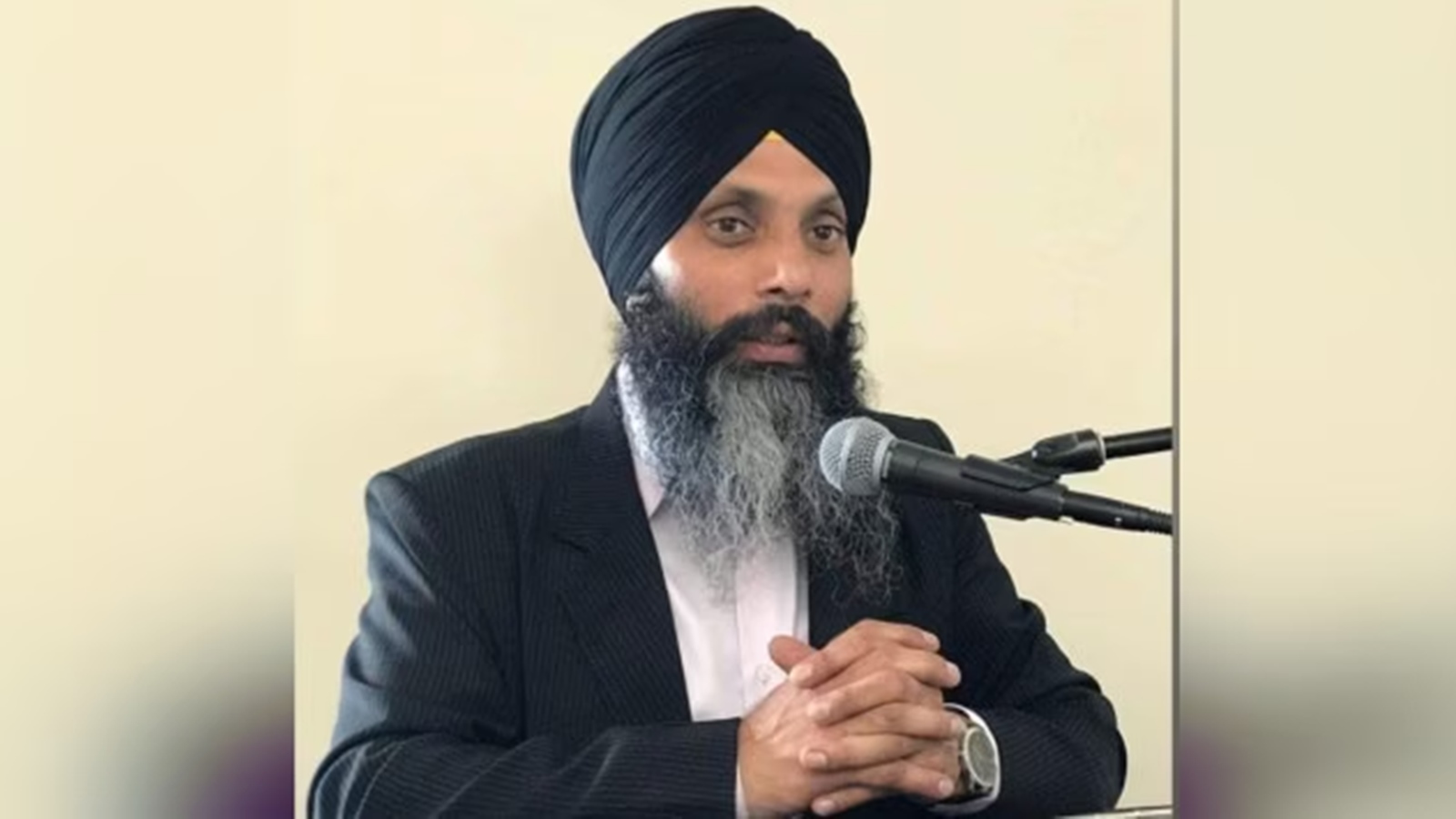
The United States has now charged Vikash Yadav, someone they claim was an Indian intelligence officer, of trying to orchestrate assassination on US soil. This comes on the heels of Canada accusing India of assassination on its soil, in what is turning out to be a nasty diplomatic spat. One should not prejudge the legal course these accusations will take. Canada has a shocking history of ignoring the violence done by Khalistanis. Trudeau is easily one of the most bumbling statesmen on the world stage. But some of the justified anger against Canada should not become an excuse for avoiding tough questions we need to ask ourselves as a democracy. This episode goes to both the heart of our democracy and our standing as a global power.
Let us first look at our global standing. The Indian obsession with Canada is avoiding the big elephant in the room. It is in the US that the first indictment has been served. It is the US that in all likelihood tipped off Canada. All the Five Eyes countries have expressed their support to Canada. The Canadian spat is more public, but the charges in America are more serious. For all those claiming that India can show its machismo and toughness, there is this uncomfortable question: Is the tough talk against Canada merely a diversion from the fact that our new-found claims to machismo have been cut to size when it comes to dealing with the really big powers? If this is a conspiracy against India, as we are alleging, what does it say about the strategic choices we are making? If it is not, we need to ask tough questions.
Yes, the West is hypocritical. It is the source of so many political assassinations, and worse. But the charge of assassination of citizens of friendly democracies, if true, will be seen as crossing a new Rubicon. Such charges place serious questions on the judgment and competence of Indian intelligence agencies. If true, it is mind boggling that we take such massive risks with a near zero value target of a Khalistan movement that no longer poses a significant threat in India other than in the government’s need to play up a narrative of India under siege.
If these charges are true, would anyone outside India now repose even a minimum level of trust in Indian officials of any stripe? The pall of suspicion over them will increase. And finally, India has been put in the category that might be used to describe rogue states. It is presented as an example of a government that, in the words of US Assistant Attorney General Matthew Olsen, has used “lethal plotting and other forms of violent transnational repression.” There is a curious irony that we have been put in the position of using exactly the same language Pakistan uses against us: We provide only intelligence inputs, not justiciable evidence.

But there are more serious questions for Indian democracy. This episode should be a reminder, as Saikat Datta’s well researched papers have been arguing, that Indian intelligence agencies are not governed by a proper framework of accountability. They are gazette creations with no parliamentary law governing them. In any of the three scenarios in this situation, intelligence agencies need to be held accountable. If the Indian state is remotely behind this, we as citizens need to hold it to account. If it is, as we now seem to be indicating, at least in the context of the US indictment, a rogue operation, we still need accountability.
How could this happen? Is there something to the old worry intelligence analysts have so often expressed about the IB and R&AW. They rely so much on the culture of IPS and internal policing, which, to put it mildly, does not have the professionalism or discipline that intelligence requires. If nothing else, we should worry over the bumbling incompetence of this operation. And if, for argument’s sake, we are totally innocent, we need to understand how we made ourselves vulnerable in this way and what it means for our intelligence standing in the world. Are parliamentary committees up to answering any of these questions?
The West has a brutal record of war. But domestically, at least, all democracies have a framework for holding intelligence agencies accountable. Even Trudeau’s statement on the lack of evidentiary basis that was justiciable emerged as he was answering open questions in Parliament. All our sister democracies have pretty robust parliamentary frameworks. They do not operate perfectly, and it is in the nature of intelligence that democracies are skittish about many questions. But it is still a remarkable fact that the committees, combined with some independent journalism, still allow intelligence agencies to be held accountable. One of the most fascinating things about the history of those agencies is just how much of their dirty linen ends up being washed in public; we can indict the US and UK for covert operations in part because there are still mechanisms for uncovering them.
The current case is an ideal one to open up a debate on accountability. Often accountability focuses on success or failure of particular operations. Could an attack have been prevented? But this case goes to the heart of the command and control structure. In press reports, questions are being raised about who these agents took their orders from. If, for argument’s sake, this was a rogue operation, then can we confidently assume that the leadership knew what they were doing? Whether it was perfidy, incompetence or loss of control, surely accountability will have to be fixed. Signaling that we have a good accountability framework is also a means of pushing back against the idea that officials of our government can go rogue. There is also another domestic angle to this. Lawrence Bishnoi’s name keeps coming up. We have the extraordinary spectacle of Maharashtra Police not being able to secure his custody despite his being in a Gujarat jail. If indeed the state is now remotely using or facilitating gangsters for its own operations overseas, we are in dangerous new territory. This suspicion needs to be laid to rest.
Forget the West for a minute. Forget the few fossilised Khalistanis left in Canada or Trudeau’s motives. It is in the interest of our own security that we need to know what exactly is going on here. Not all the details can be public, especially if we are mounting a defence in the West. But to substitute bombast for difficult institutional questions of our agencies would be something close to an anti-national act.



